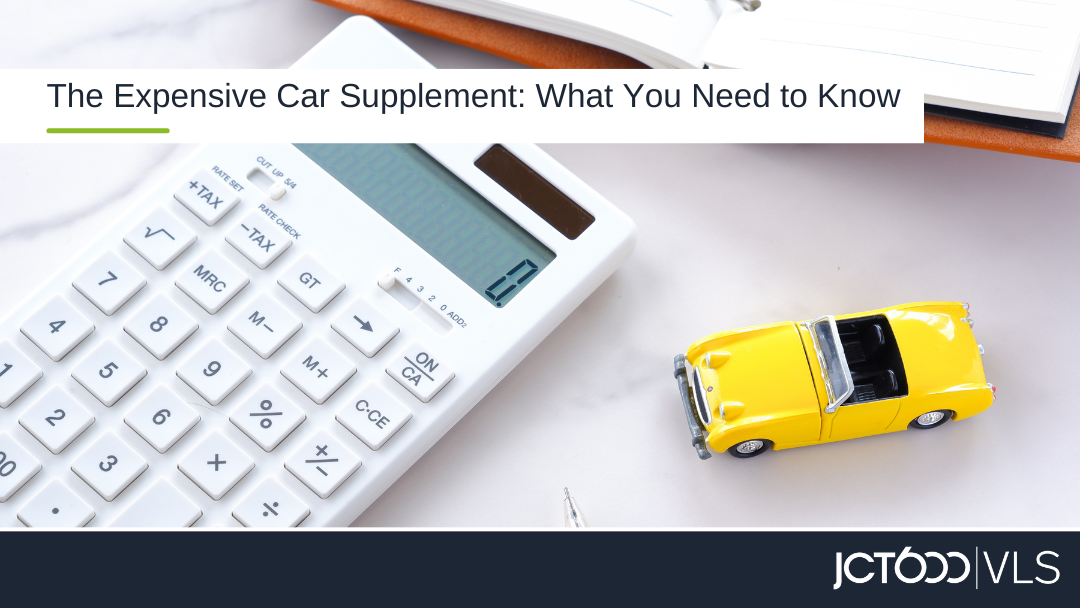For those who manage fleets or have company cars, you will be familiar with the key aspects of vehicle taxation. However, with recent changes on the horizon, particularly concerning the Expensive Car Supplement (ECS), it’s important to stay informed about how these may affect your fleet and company car arrangements.
What is the Expensive Car Supplement?
The Expensive Car Supplement (ECS) is a tax levied on vehicles with a list price exceeding £40,000. This charge, introduced in 2017, adds an additional £410 per year to the standard Vehicle Excise Duty (VED) for five years following the first year of the vehicle’s registration. The ECS does not apply to LCVs but does apply to all cars over this threshold, including petrol, diesel, and hybrids, with a reduced rate for hybrids. Most notably though, pure electric vehicles, previously exempt from VED, will be subject to this supplement from April 2025 (Vehicle tax for electric and low emission vehicles – GOV.UK (www.gov.uk).
Why It Matters
For fleet managers and company car drivers, the ECS can make a significant difference in vehicle choices, particularly for electric vehicles, who up until 2025, have been exempt from this tax. These up-and-coming changes are likely to involve some shifts in choice lists and vehicle selection processes for many businesses as they will increase the cost of maintaining some higher-end electric models. This will undoubtedly trigger a reassessment of many fleet strategies, where current or planned vehicles exceed the £40,000 threshold.
How the ECS is Applied
The ECS is straightforward in its application: any vehicle with a list price over £40,000 will incur an additional £410 per year in VED, starting from the second year of registration and continuing for five years. This cost is on top of the standard VED, and it’s essential to remember that even slight variations in the vehicle’s list price can trigger the full supplement.
Preparing for the Future
As the taxation landscape evolves, it’s crucial to stay ahead of these changes to optimise your fleet’s cost efficiency. While electric vehicles remain a strong option due to their environmental benefits and lower operational costs, the forthcoming VED changes mean that a careful review of the total cost of ownership can make a significant difference to the efficiency of your fleet or company vehicle.
At JCT600 Vehicle Leasing Solutions, we’re committed to helping you navigate these changes. Our team is ready to assist you in evaluating your fleet choices and ensuring that you continue to make informed decisions that align with both your operational needs and financial goals. Whether you’re planning to expand your fleet or considering alternative options, we’re here to provide the expert guidance you need.
Please email contactvls@jct600.co.uk or your account manager for more information.

